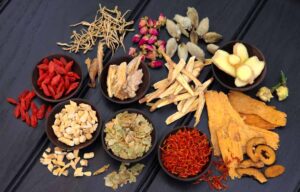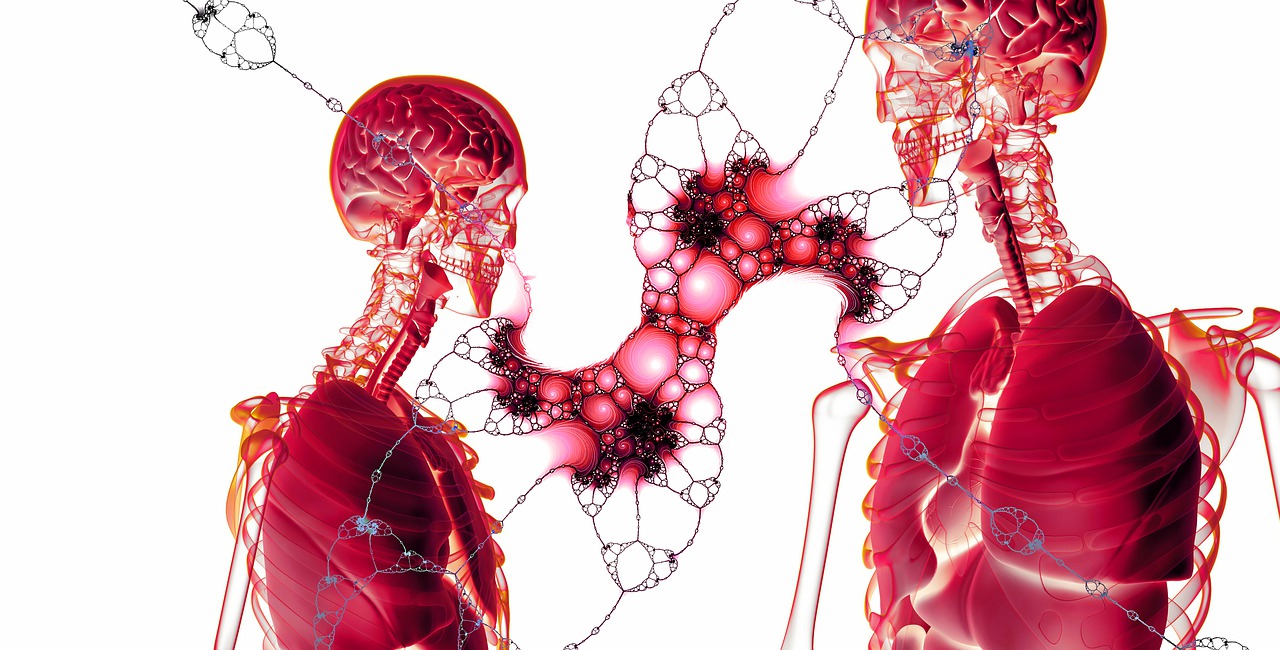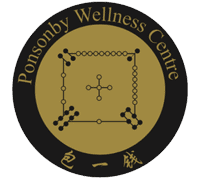
Nourishing ‘Blood’ is a really important therapeutic strategy in Chinese Medicine.
This strategy you can take on for your own self-care to strengthen the effects of your treatment. This will help you get where you want to be and maintain it.
Nourishing ‘Blood’ is really important for women, as most women of menstruating age literally lose blood regularly.
What is ‘Blood’ in Chinese Medicine?
So what do we mean when we say Blood in Chinese Medicine? It can be very confusing. Let’s clear it up.
When we talk about Blood in Chinese Medicine, we don’t mean blood in the way you know it from a Western biomedical sense.
It’s the same with organs.
It’s a translation issue. Classically, the Chinese have a very precise way to describe the functional physiology of the human body. They have Chinese terms for it, I would prefer to call them by their original Chinese terms. But in Western translation, we use Western words that unfortunately have already important associations – ie blood, organs.
Blood As A System, Not A Bodily Fluid
Chinese Medicine is a systems medicine. We are looking at how various systems in your body function together to generate health but also how they behave in dysfunction.
‘Blood’ in Chineses Medicine primarily includes the functional relationship AND physiology of the:
- digestive system
- bone marrow
- reproductive system
- cardiovascular system
- central nervous system
- endocrine system
- neuro-musculo-fascial planes.
It also includes:
- nutritional status
- tissue hydration
- hormone and neurotransmitter balance.
Blood is a broad term that you can drill down into depending on what type of pathology you are experiencing.

Why is Nourishing Blood Important?
When practitioners encourage you to ‘nourish your Blood’, we are talking about your ability to nourish yourself. This is achieved through a proper digestive process, the building of sufficient material resources and the effective distribution of those resources.
Qi + Blood are always connected. Qi is Yang and Blood is Yin.
Qi moves the Blood, and Blood nourishes the organs that produce Qi.
Blood moistens and warms the body and its tissues. Areas that suffer from lack of Blood nourishment are cold and often painful.
Blood tends to get deficient or stagnant or a combination of both.
Blood ‘anchors your Heart-Mind’. Adequate blood levels are really important for your mental health, cognitive function, emotional resilience and ability to fall asleep and stay asleep.
What Happens if You Don’t Have Nourished Blood?
Fatigue is the first and most obvious sign. You’ve pushed too hard and consumed your resources. Yin/Yang starts to become unbalanced. Qi and Blood are consumed and need rebuilding.
Other signs of lack of Blood nourishment can include:
- Anxiety
- Insomnia
- Emotional turbulence
- Depression
- Feeling faint when you stand up or dizziness
- Palpitations
- Floaters in your eyes.
- Poor memory
- Cold limbs/hands and feet
- Slow healing and recovery
- Weak immune system
- Menstrual irregularities
- Gynecological conditions
- Absent periods
- Pale complexion
- Pale gums
- Easily startled
- Feeling weak.
How to Nourish Your Blood
- Eat food. Sounds basic but part of nourishing Blood is the willingness to be open to receive nourishment and to feed yourself well. Supplementation may be needed in Blood deficiency but you cannot build blood without eating.
- Improve your digestion. Improper digestion, inc absorption and assimilation, can be the root cause of so many pathologies. How is your microbiome? Do you have leaky gut? Are you experiencing inflammation in the gut? Do you have an overgrowth of bacteria or parasites? Do you have adequate stomach acids and enzyme production? Has chronic stress impaired your digestive function? Do you have chronic bloating, constipation or diarrhoea? Even if you are making great choices with the food that you eat, if your digestion can’t break it down and absorb it, you may be malnourished. See the list below for Blood-nourishing foods. Acupuncture and Moxibustion are very effective in improving digestive function.
- Engage in adequate movement and rest. Exercise regularly, have an active lifestyle and know-how to rest well, relax regularly, protect your leisure time and have good sleep hygiene.
- Replenish after blood loss. Such times include menstruation, postpartum, during breastfeeding and post-surgery.
Foods for Nourishing Blood
As Blood (in Chinese Medicine) is also made from bone marrow, bone broths and slow-cooked bone dishes are very effective at Blood nourishment. Protein and good fat in every main meal are essential for Blood building.
Excellent foods for nourishing Blood include:
Broths
- Chicken soup
- Beef bone broth
- Lamb shanks
- Osso Bucco
- Kombu dashi (V)
Meats
- Pate
- Parfait
- Offal and traditional dishes containing blood, eg blood sausage
- Animal protein and good fats are highly effective at building blood. Any animal products should be hormone-free, grass-fed, free-range and ethically treated.
Plants
- Soaked goji berries
- Chinese dates
- Figs
- Prunes
- Cherries
- Pomegranates
- Dark leafy greens; kale, spinach, watercress, silverbeet, rucula
- Nettles and nettle tea
- Macro (seaweeds) and micro (spirulina, chlorophyll etc) algae
- Cereal grasses (wheat and barley grass)

Cooking in a cast-iron pot can be an easy way to increase your iron intake.
Chinese Medicine doesn’t advocate a vegetarian, vegan or raw food diet, especially for women. It most certainly advocates a wholefood, locally grown, an organic diet where you eat seasonally. Any animal products should be hormone-free, grass-fed, free-range and ethically treated.
The original post can be found here
If you need professional treatment, please call 0212159963 or make an appointment online here
